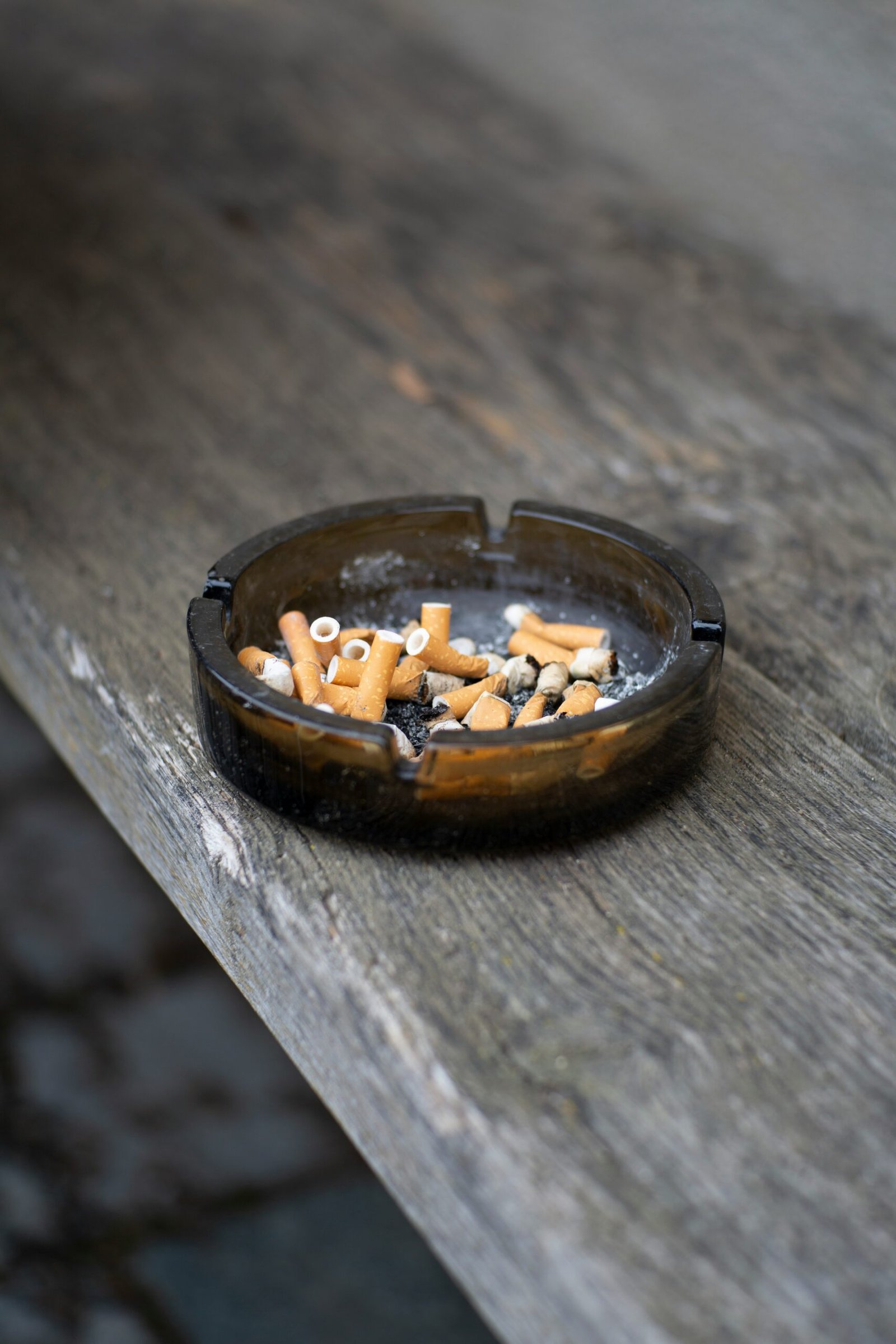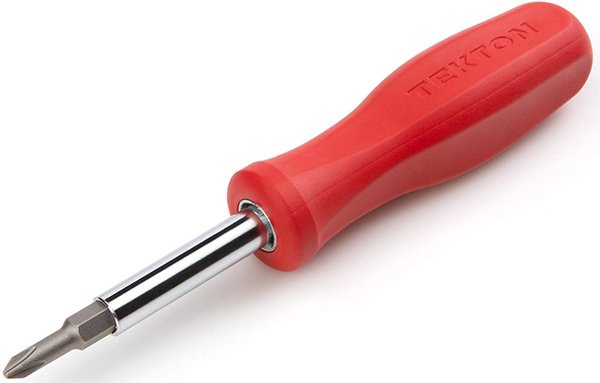The Importance of Staying Hydrated
Water is a fundamental component of the human body, playing a critical role in maintaining overall health. Adequate hydration is vital for numerous bodily functions, including digestion, temperature regulation, and nutrient transportation. The digestive system, for instance, depends on water to break down food, allowing nutrients to be absorbed more efficiently. Similarly, water helps regulate body temperature through processes such as sweating and respiration, ensuring that the body remains within a healthy temperature range.
Furthermore, water is essential for the transportation of nutrients and oxygen to cells throughout the body. It aids in the removal of waste products, helping to detoxify the system. Without sufficient water intake, these processes can be compromised, leading to various health issues.
Signs and symptoms of dehydration can serve as critical indicators that the body needs more water. Common symptoms include dry mouth, fatigue, dizziness, and dark-colored urine. In severe cases, dehydration can lead to more serious complications such as kidney stones, urinary tract infections, and even impaired cognitive function.
To avoid these problems, it’s important to drink plenty of water throughout the day. The general recommendation is to drink at least eight 8-ounce glasses of water daily, although individual needs may vary based on factors such as activity level, climate, and overall health. Additionally, it’s wise to listen to your body’s signals and drink water whenever you feel thirsty.
Moreover, excessive consumption of caffeinated or sugary beverages should be avoided, as these can contribute to dehydration. Instead, focus on consuming water and other hydrating fluids to maintain optimal health. By staying hydrated with water, you can ensure that your body functions at its best, helping you to avoid the discomforts and health risks associated with dehydration.
Understanding the recommended daily water intake is crucial for maintaining optimal health. While the general guideline suggests that an average adult should drink about 8 glasses (or about 2 liters) of water per day, individual needs can vary significantly. Several factors influence how much water you need, including age, gender, activity level, and environmental conditions.
Age plays a significant role in determining your water requirements. For instance, children and the elderly may need to drink different amounts of water compared to adults due to varying metabolic rates and physiological changes. Gender also affects hydration needs; generally, men require more water than women due to differences in body composition and overall size.
Activity level is another critical factor. If you engage in regular physical exercise or have a job that demands physical exertion, you will need to drink plenty of water to replace fluids lost through sweat. Similarly, those living in hot or humid climates should increase their water intake to compensate for higher rates of perspiration.
To ensure you stay adequately hydrated throughout the day, consider incorporating practical strategies into your daily routine. Carrying a reusable water bottle can serve as a constant reminder to drink water. Setting reminders on your phone or using hydration apps can also help you keep track of your water consumption. Additionally, integrating water-rich foods like fruits and vegetables into your diet can contribute to your overall fluid intake.
Remember, while it is essential to stay hydrated with water, be mindful not to engage in excessive consumption, which can lead to water intoxication. Striking a balance is key to achieving optimal hydration and minimizing nighttime awakenings. By understanding your unique hydration needs and adopting practical habits, you can maintain proper hydration and support your overall health and well-being.
Best Practices for Drinking Water
Maintaining proper hydration is crucial for overall health and well-being. To ensure you stay hydrated with water effectively, consider integrating these best practices into your daily routine. Start your day by drinking a glass of water as soon as you wake up. This helps kickstart your metabolism and replenishes fluids lost during the night.
Throughout the day, aim to drink water at regular intervals. A practical approach is to have a glass of water before each meal, which can aid digestion and prevent overeating. Additionally, carrying a reusable water bottle can serve as a constant reminder to drink plenty of water, even when you’re on the go.
Physical activity increases your body’s need for hydration. Therefore, it is essential to drink water before, during, and after any exercise to maintain optimal performance and recovery. For those involved in intense or prolonged physical activities, consider incorporating electrolyte-rich beverages to replenish vital minerals lost through sweat.
While it’s important to drink enough water throughout the day, be mindful of excessive consumption, particularly close to bedtime. Drinking large amounts of water in the evening can lead to frequent nighttime awakenings, disrupting your sleep cycle. To avoid this, try to moderate your water intake in the hours leading up to bedtime.
By following these best practices for drinking water, you can effectively stay hydrated, support your body’s functions, and enhance your overall health. Remember that individual hydration needs can vary based on factors such as age, weight, climate, and activity level, so it’s important to listen to your body’s signals and adjust your water intake accordingly.
Staying hydrated is not solely dependent on drinking water. There are numerous hydrating foods and alternatives that can significantly contribute to your daily fluid intake. Fruits and vegetables with high water content are excellent sources of hydration. For instance, cucumbers, watermelons, strawberries, and oranges contain over 90% water. These foods not only help keep you hydrated but also provide essential vitamins, minerals, and antioxidants that support overall health.
In addition to hydrating foods, other beverages can also play a crucial role in maintaining hydration. Herbal teas, such as chamomile, peppermint, and rooibos, are excellent choices as they are generally caffeine-free and can be enjoyed hot or cold. Infused waters, which involve adding fruits, vegetables, or herbs to water, can make hydration more appealing. Popular combinations include lemon and mint or cucumber and basil. These alternatives can encourage more frequent fluid intake without the excessive consumption of sugary or caffeinated drinks.
However, it is important to be cautious about beverages that may have diuretic effects, which can lead to dehydration. Drinks high in caffeine, such as coffee and certain types of tea, can increase urine output and should be consumed in moderation. Similarly, sugary drinks, including sodas and energy drinks, can have a dehydrating effect and are best avoided. Instead, focus on beverages that naturally support hydration and minimize nighttime awakenings, such as milk or coconut water.
Incorporating a variety of hydrating foods and beverages into your diet can help you achieve optimal hydration. By making mindful choices and prioritizing nutrient-rich options, you can effectively stay hydrated with water and other healthy alternatives.











+ There are no comments
Add yours